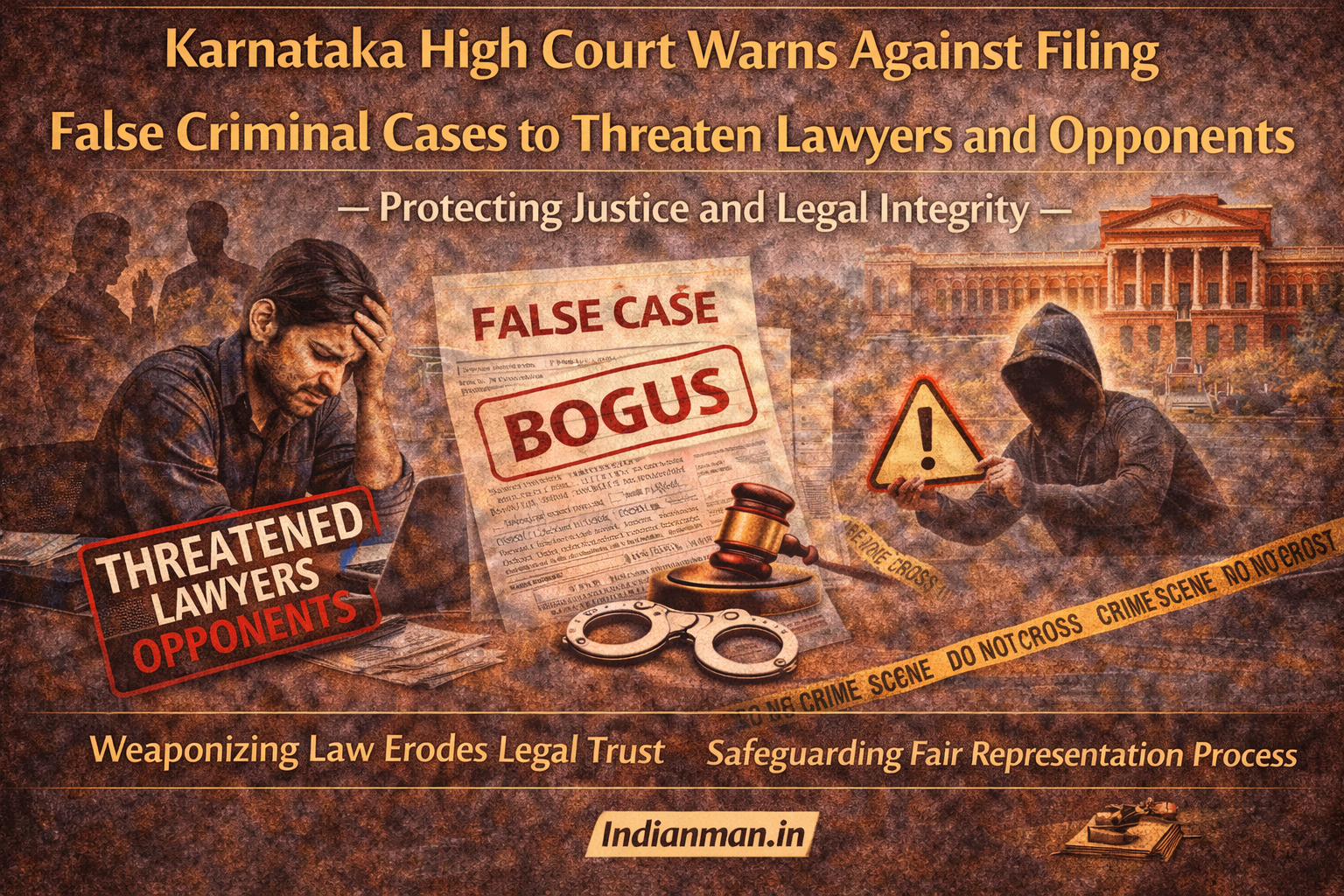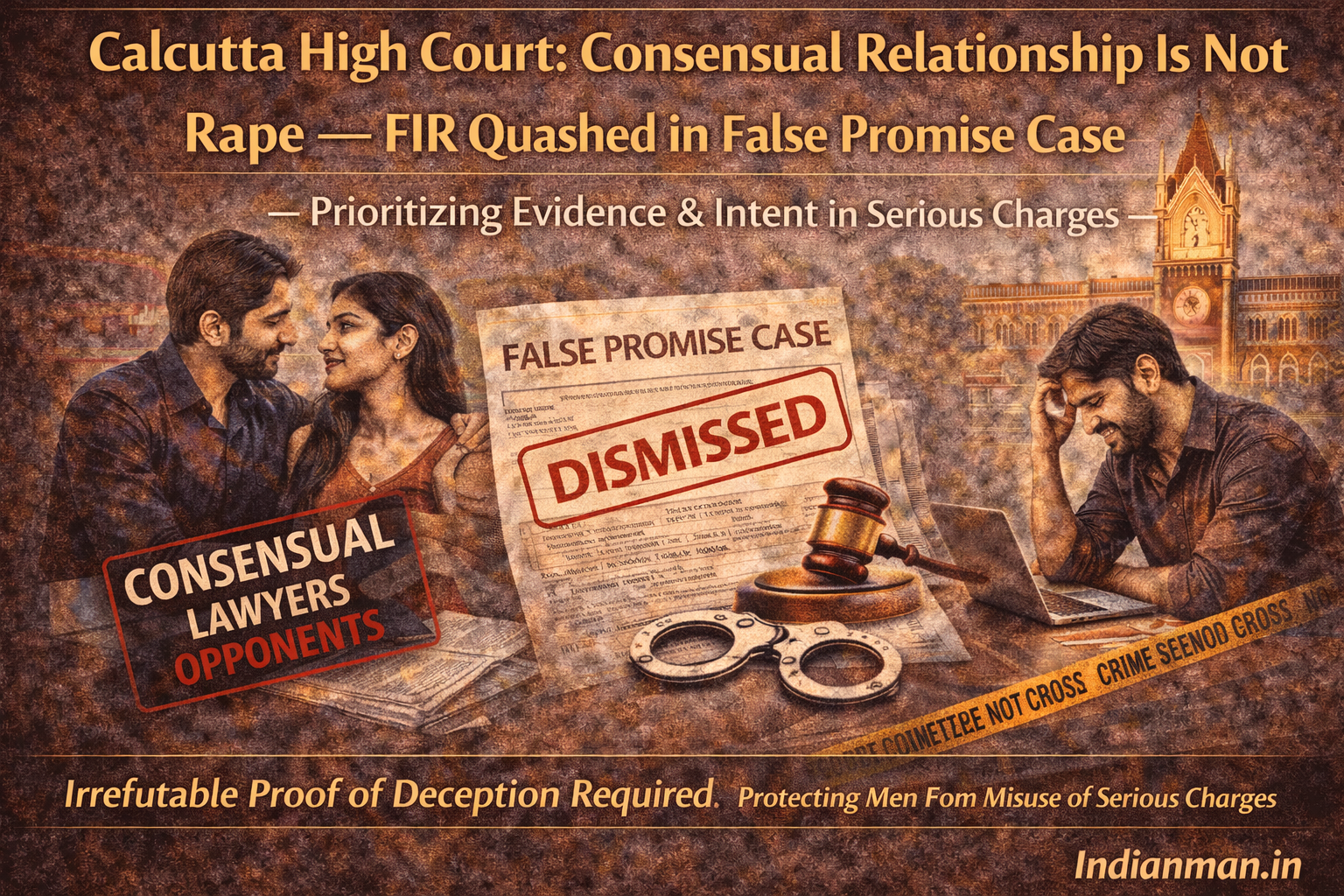Live-in Couples Have Right to Protection Even If One Partner is Married: Punjab & Haryana High Court
The Punjab and Haryana High Court has ruled that live-in couples have the right to seek protection from threats—even if one of them is already married.
A division bench of Justice Sureshwar Thakur and Justice Sudeepti Sharma made this ruling while answering questions about the legal rights of live-in partners. The court emphasized that personal freedom and the right to choose a partner are protected under Article 21 of the Constitution, which ensures the right to life and liberty.
The court stated that even if live-in relationships go against social or moral norms, individuals still have the right to make their own choices. Therefore, if a live-in couple faces threats from families or others, they can ask for legal protection.
However, the bench also addressed situations where one of the partners has a minor child. The court said in such cases, the well-being of the child must come first. While laws exist to provide financial support, the court stressed that emotional support from both parents is important for the child’s growth. Protection can be given to the couple, but only if proper care for the child is ensured.
This ruling came after a single judge referred the matter to a larger bench due to conflicting earlier decisions. The court clarified that protection should not be denied just because one partner is married, but minors in live-in relationships cannot seek such protection.
The court cited the Joseph Shine vs Union of India case, where the Supreme Court struck down adultery as a crime, and other judgments supporting the right to individual freedom.
Still, the court expressed concern about the burden on the police. It suggested alternative solutions, such as allowing live-in couples to approach the District Legal Services Authority (DLSA) or the State Human Rights Commission for help. Paralegal volunteers or counselors can assist these couples and communicate with the people threatening them.
On the issue of minors, the court said that they cannot legally enter into live-in relationships. Since minors cannot make legal decisions under acts like the Hindu Minority and Guardianship Act, 1956, and the Guardians and Wards Act, 1890, the court cannot offer protection to such relationships. Doing so would go against the duty of the court to safeguard children.
Be a part our social media community:
Facebook: https://www.facebook.com/IndianMan.in?mibextid=ZbWKwL
Instagram:
https://www.instagram.com/indianman.in?igsh=MWZ2N3N0ZmpwM3l3cw==




